Chocolate prices to keep rising as west Africa’s cocoa crisis deepens
A more expensive Easter in the West reflects a precipitous situation for the world’s cocoa producers, writes Maxwell Akalaare Adombila
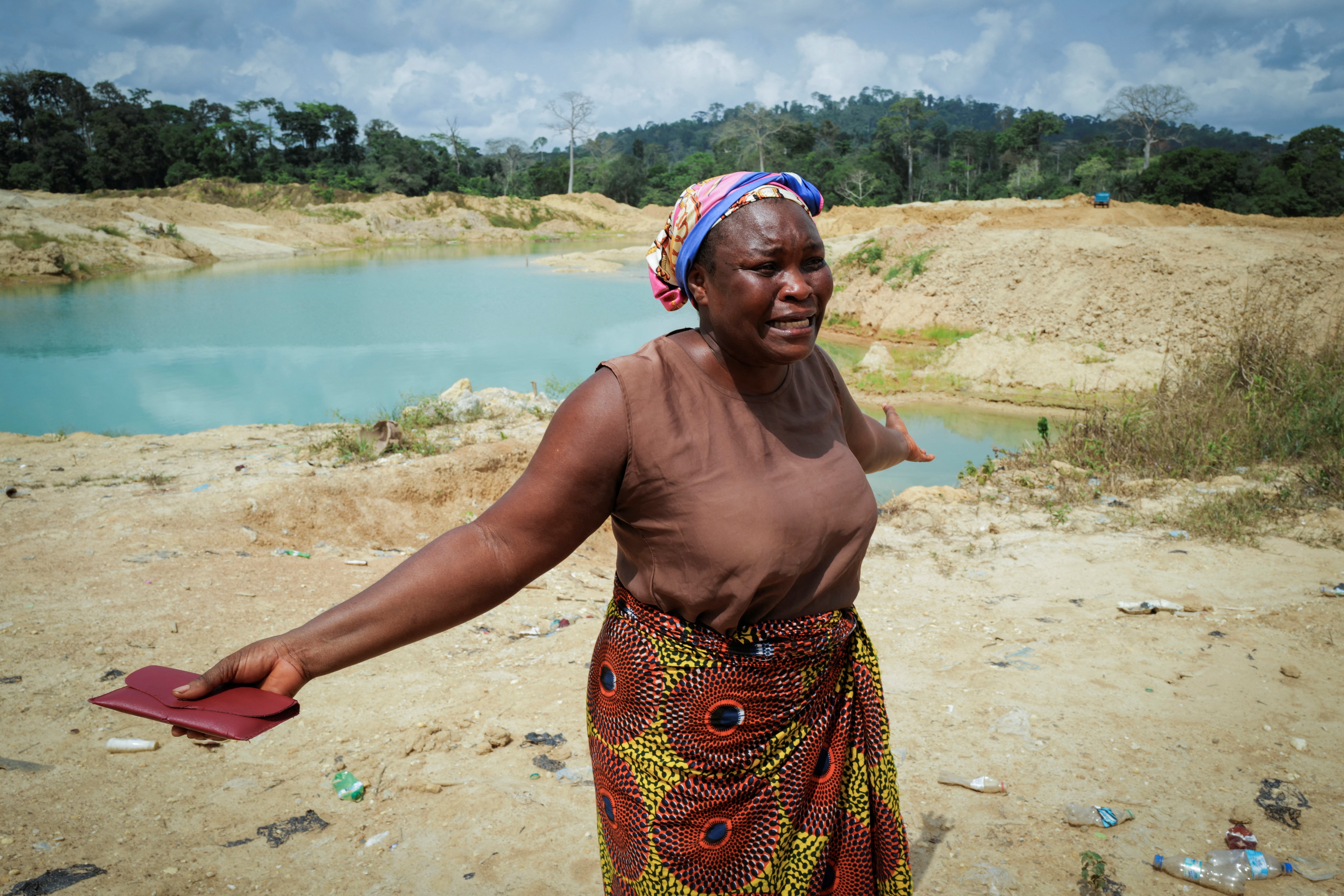
Surveying the stripped landscape of her farm – dotted with pools of cyanide-tainted, tea-coloured wastewater left by illegal gold miners – is enough to make Janet Gyamfi break down.
Only last year, the 70-acre plot in western Ghana was covered with nearly 6,000 cocoa trees. Today, less than a dozen remain.
“This farm was my only means of survival,” the 52-year-old divorcee says, tears streaming down her cheeks. “I planned to pass it on to my children.”
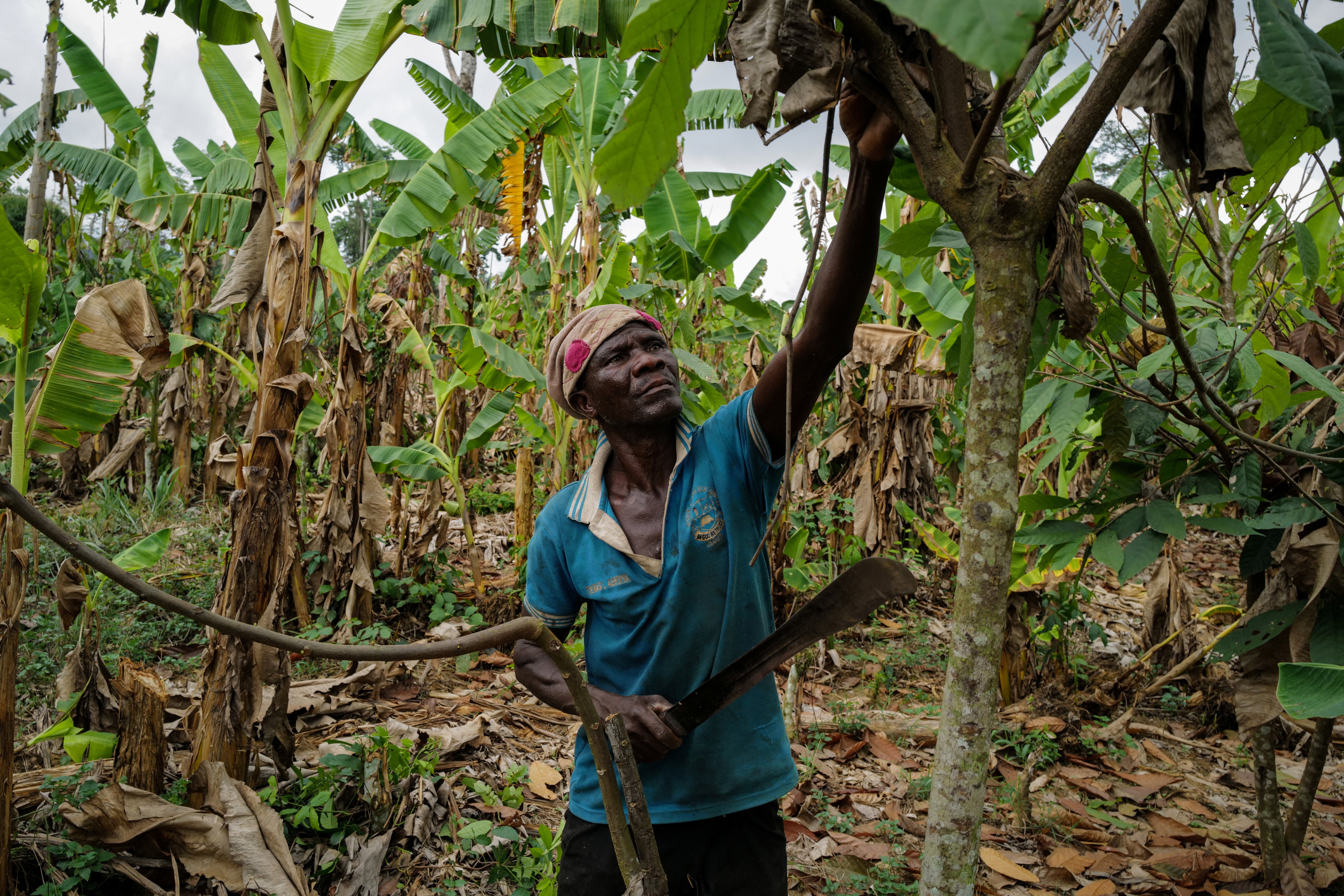
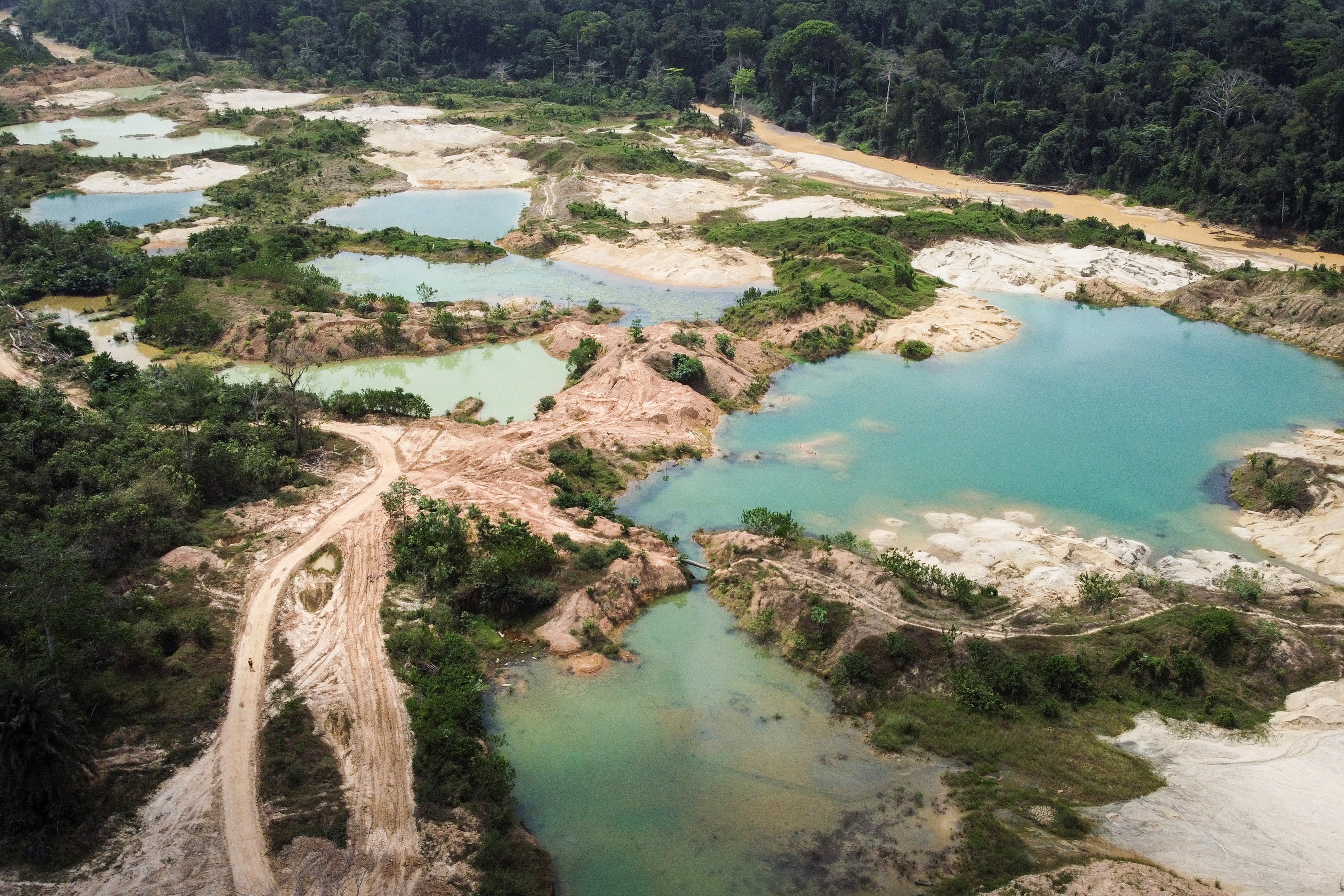
Long the world’s undisputed cocoa powerhouses, accounting for over 60 per cent of the global supply, Ghana and its west African neighbour Ivory Coast are both facing catastrophic harvests this season.
Expectations of a shortage of cocoa beans – the raw material for chocolate – have seen New York cocoa futures more than double this year alone. They have hit fresh record highs almost daily in an unprecedented trend that shows little sign of abating.
More than 20 farmers, experts and industry insiders told Reuters that a perfect storm of rampant illegal gold mining, climate change, sector mismanagement, and rapidly spreading disease is to blame.
In its most sobering assessment to date, according to data compiled since 2018, Ghana’s cocoa marketing board Cocobod estimates that 590,000 hectares of plantations have been infected with swollen shoot, a virus that will ultimately kill them.
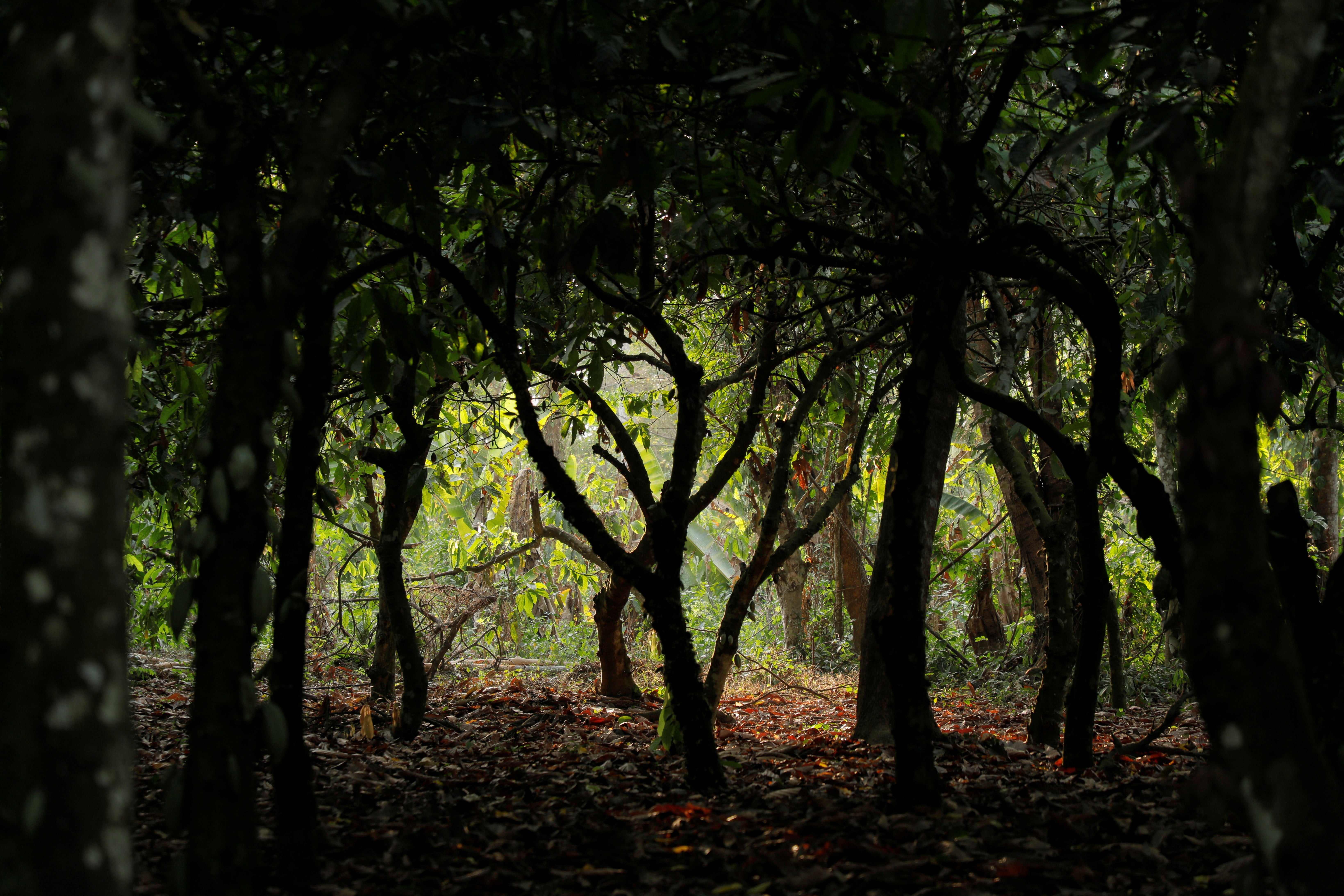
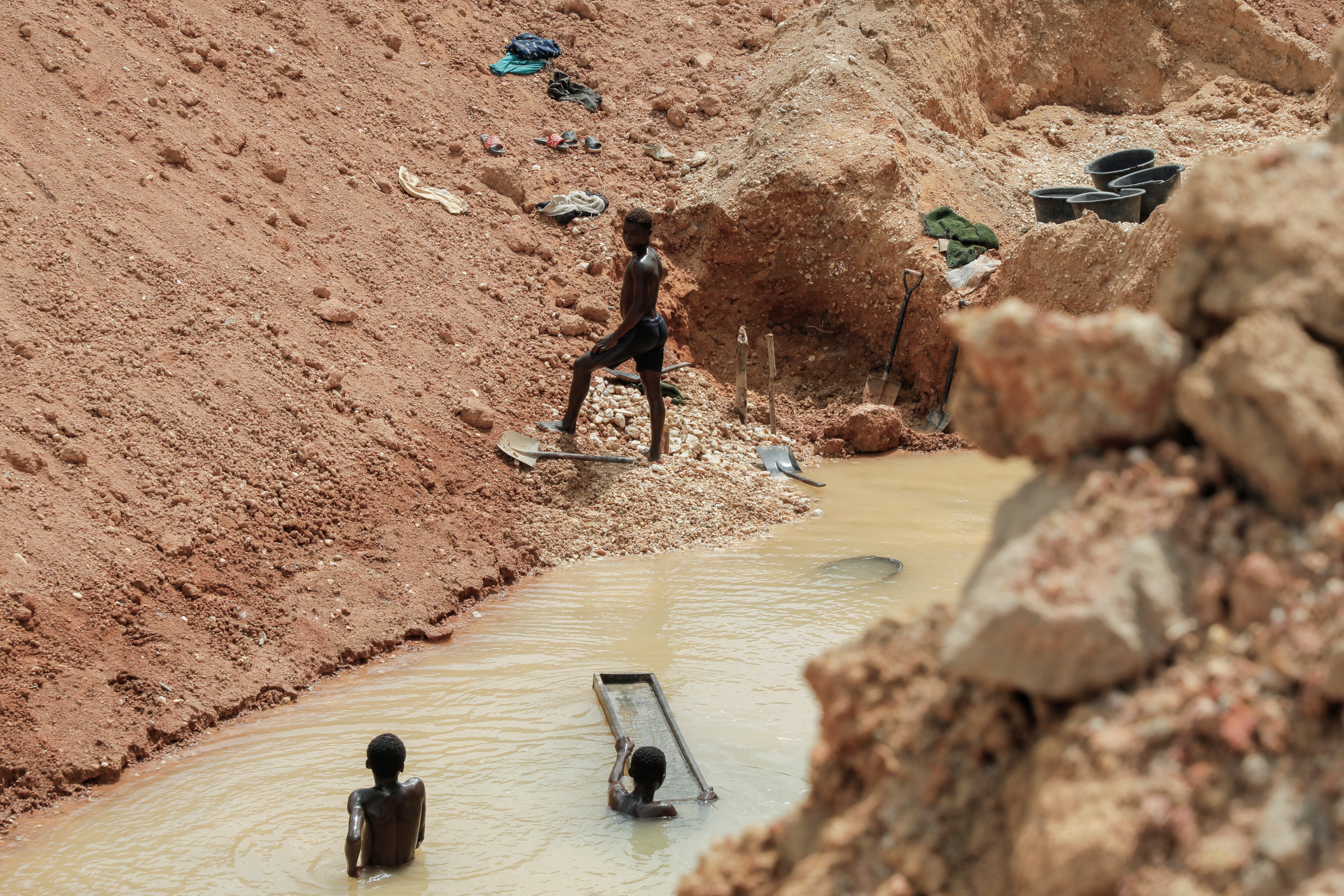
“Production is in long-term decline,” says Steve Wateridge, a cocoa expert with Tropical Research Services. “We wouldn’t get the lowest crop for 20 years in Ghana and the lowest for eight years in Ivory Coast if we hadn’t reached a tipping point.”
It’s an imbroglio with no easy fixes that has shocked the world’s markets and could spell the beginning of the end of west Africa’s cocoa supremacy, the experts say. That may open the door for ascendant producers, particularly in Latin America.
Shoppers buying Easter confectionery in the United States are discovering that chocolate on store shelves is more than 10 per cent more expensive than a year ago, according to data from research firm NielsenIQ.
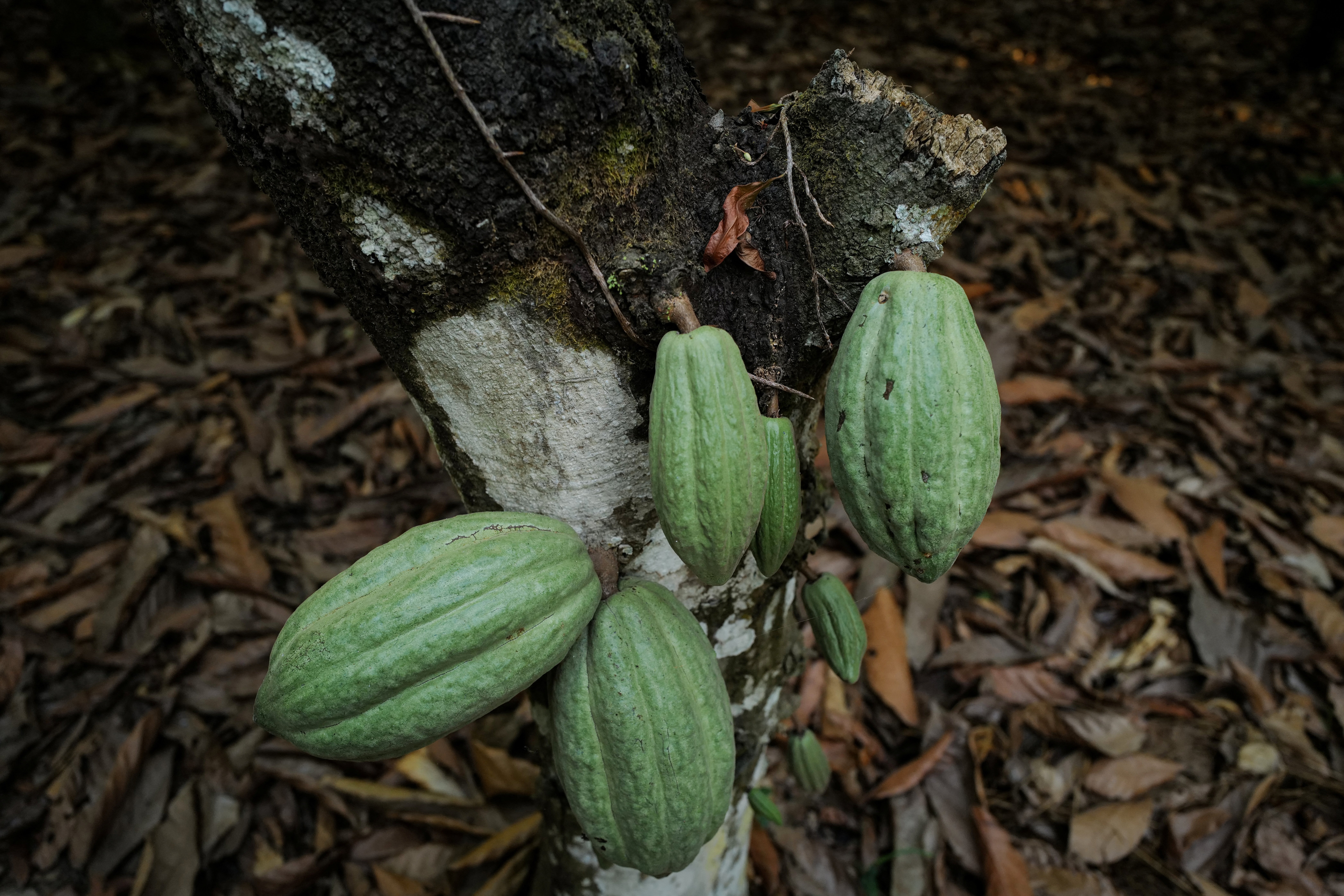
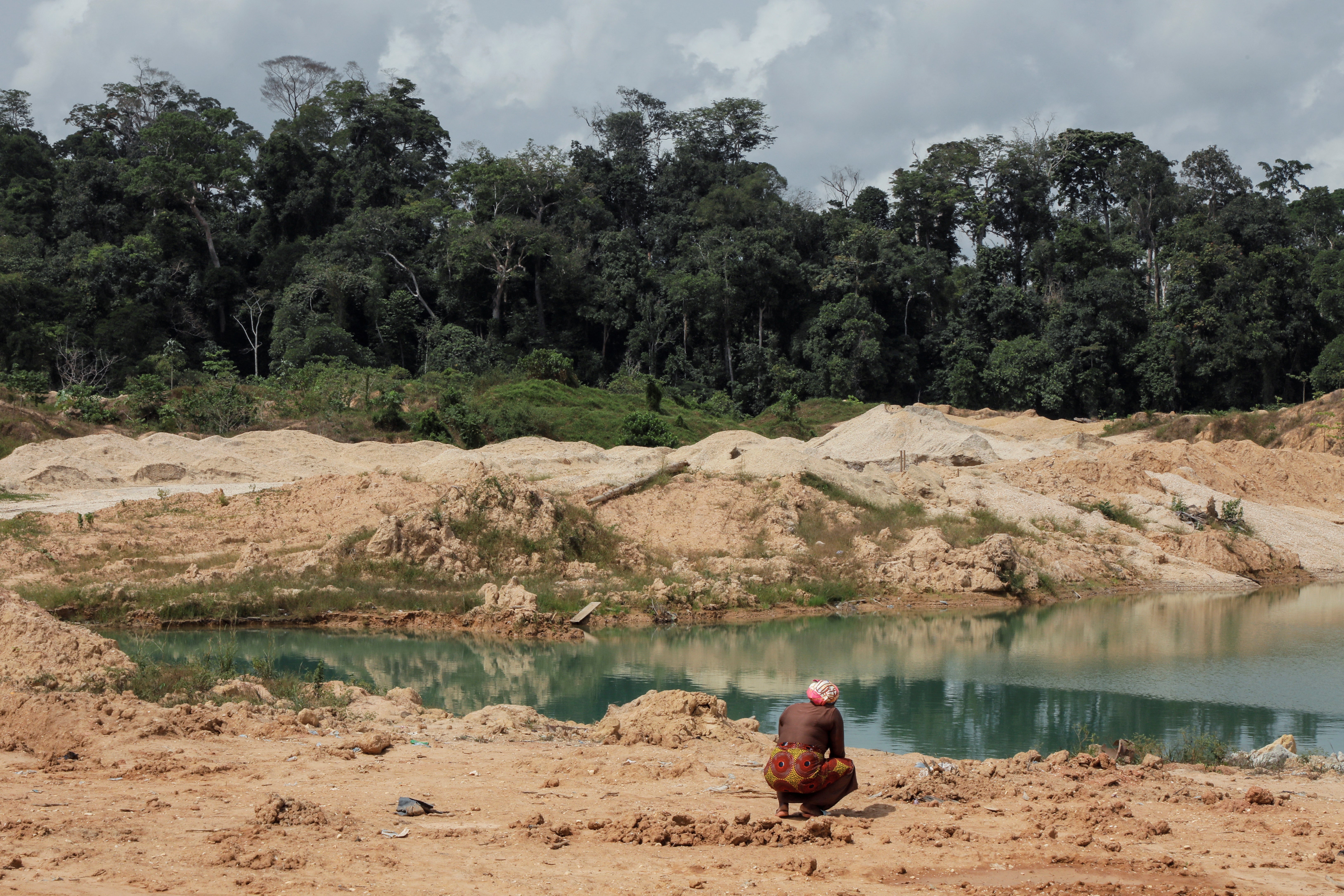
Since chocolate makers tend to hedge cocoa purchases months in advance, analysts say the disastrous crops in west Africa will only really hit consumers later this year.
“The kind of chocolate bar that we’re used to eating, that’s going to become a luxury,” says Tedd George, an Africa-focused commodities expert with Kleos Advisory. “It will be available, but it’s going to be twice as expensive.”
Across Ghana, cocoa plantations are ceding ground to gold miners, known locally as galamsey.
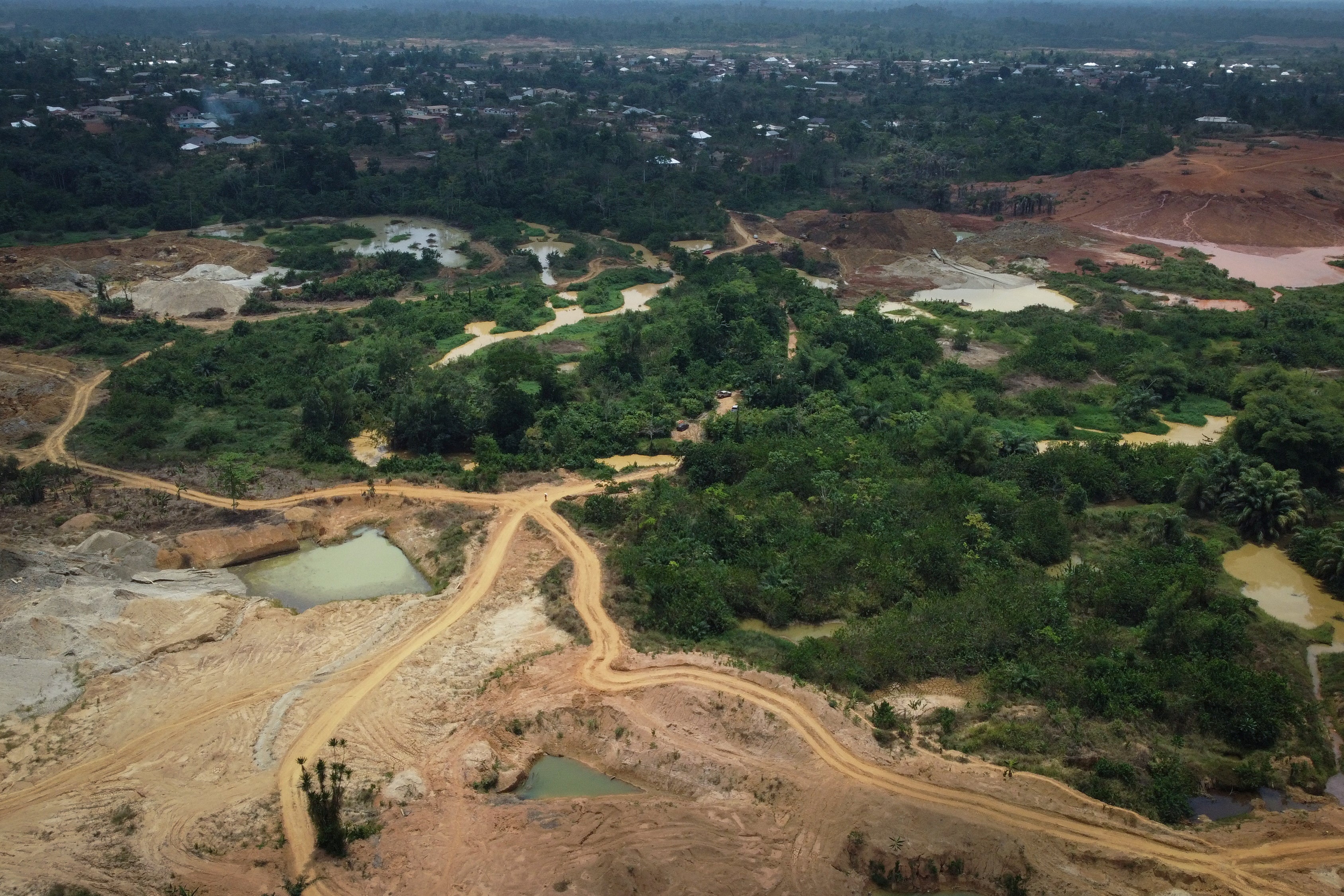
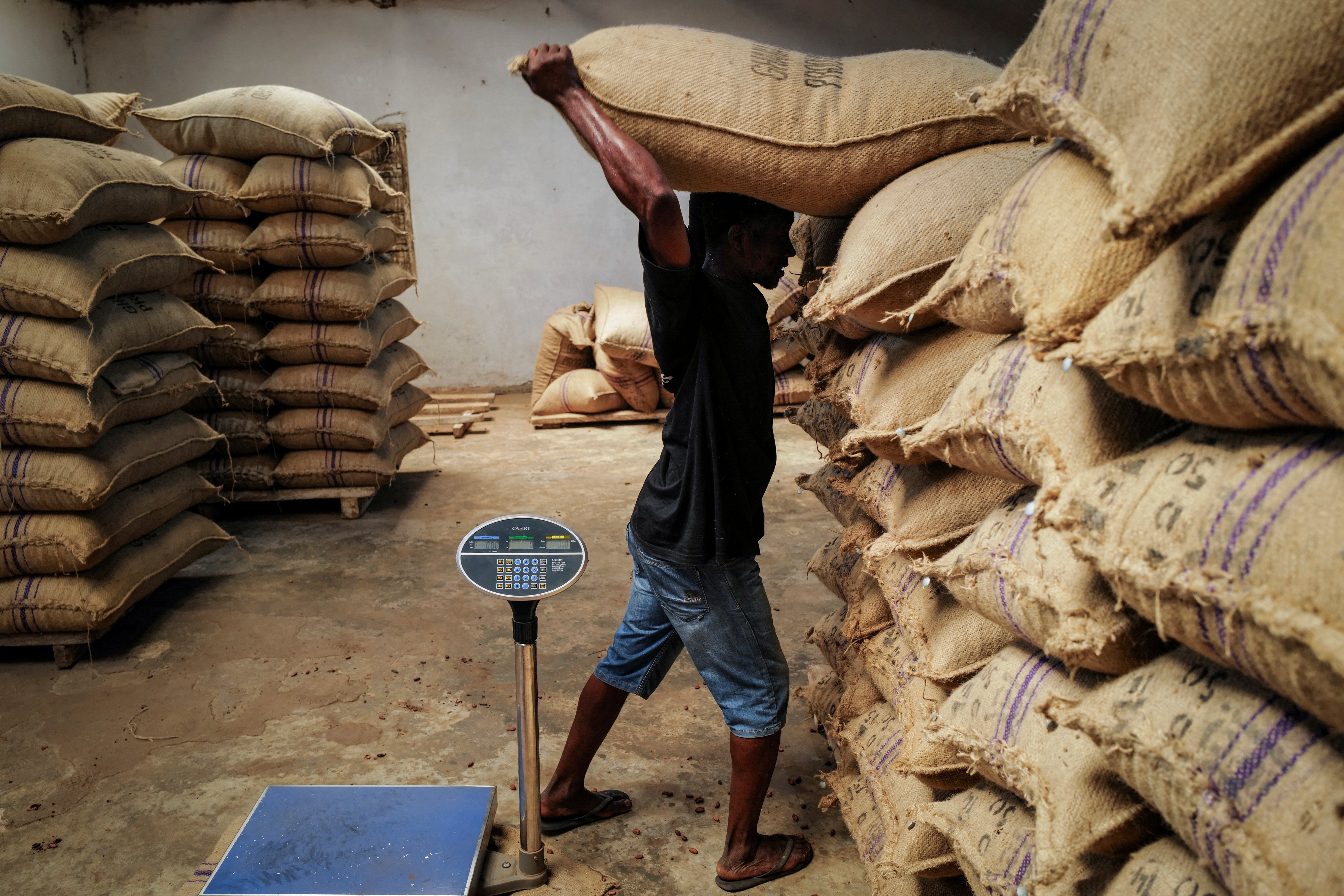
While some plantation takeovers are indeed violent, five farmers and community leaders told Reuters that more and more of them are becoming willing sellers.
With west Africa struggling, current sky-high global prices will be an attractive incentive for farmers to plant more cocoa in other tropical regions, notably Latin America.
Both Wateridge and Antonie Fountain, of the cocoa industry watchdog Voice Network, are forecasting that Ecuador will now overtake Ghana as the world’s second-biggest cocoa producer by 2027. Brazil and Peru could also step up.
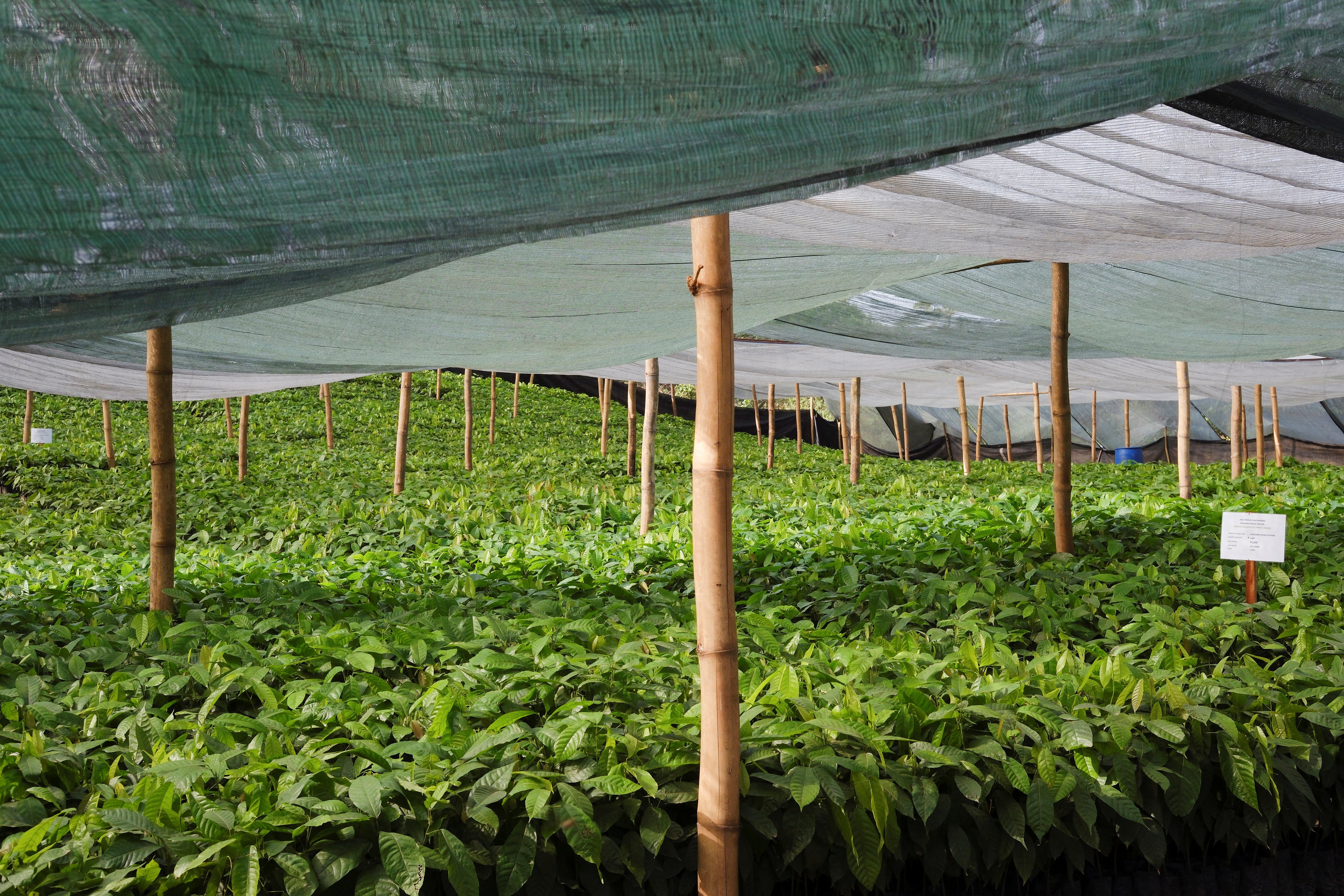
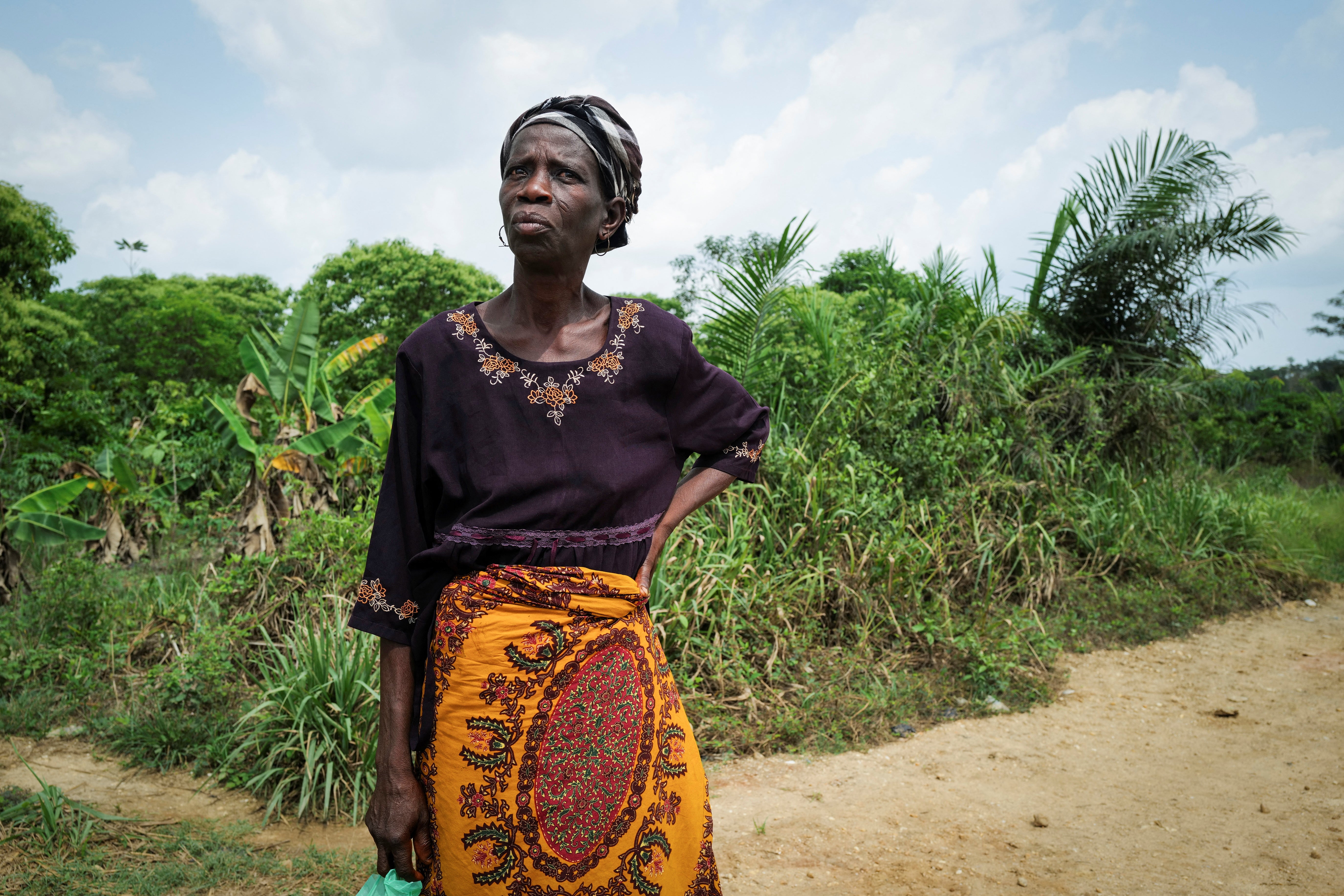
Filling the supply void will take time, however, and in the meantime, chocolate lovers should expect to feel the pinch.
But the real victims, say activists like Fountain, are the small-time growers in Ivory Coast and Ghana, who have few options as they watch their income evaporate.
“The situation for farmers in west Africa is disastrous,” says Fountain. “It is just absolutely devastating.”
Additional reporting by Joe Bavier
Reuters
Join our commenting forum
Join thought-provoking conversations, follow other Independent readers and see their replies
Comments
Bookmark popover
Removed from bookmarks